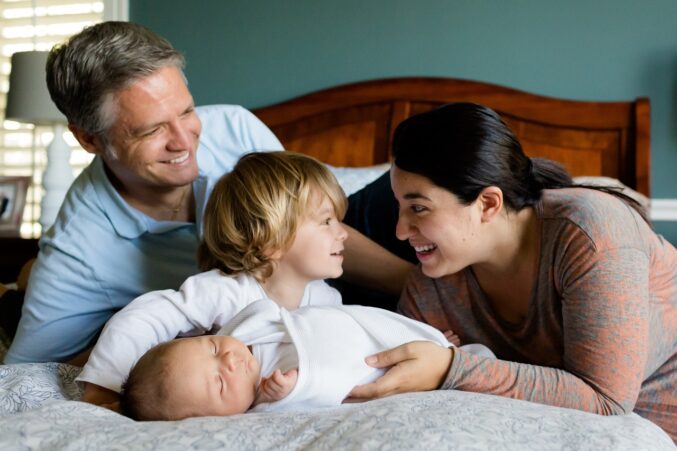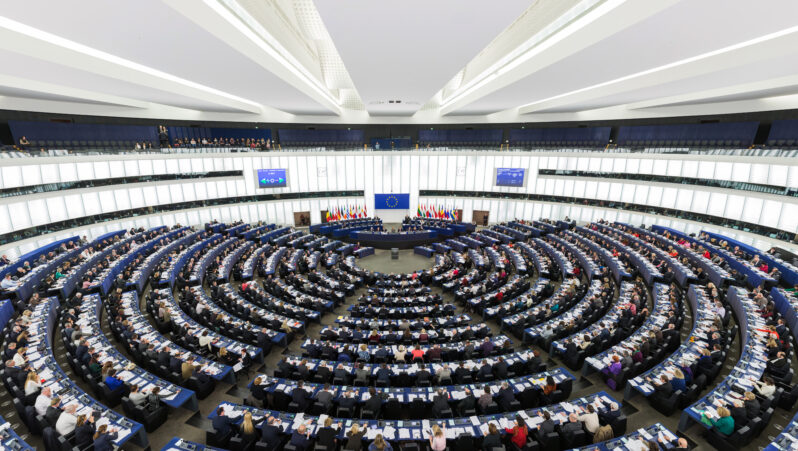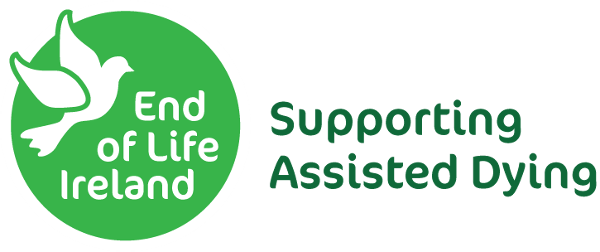Two-parent families are beneficial for children. This is common sense, but
when Melissa S. Kearney, a professor of economics at the University of
Maryland, wrote a book showing empirical evidence for this simple claim, she
experienced hostility and rejection.
“The Two-Parent Privilege” is a recent study proving that, all things
considered, the best place for children to grow up is in a family led by a
married couple.
Melissa S. Kearney has researched the economics of families for over 20
years. Having sifted through the evidence, she concluded that two parents offer
their kids more resource advantages that one parent alone. If we want to reduce
poverty and social inequality, we should promote marriage, she says.
“This is not to judge, blame, or diminish households with a single parent”,
she writes, but data and rigorous studies prove that a married couple is more
beneficial for children, and also for society.
Even before
the book was published, she received pushback. She comments: “I happen
to know that behind the scenes [at her publishing company] there were
definitely some people who were less keen or had strong reactions to the
topic”.
Since the publication, things have only got worse. Prof. Kearney has
received two kinds of hostile responses to her book: firstly, she is accused of
wanting to force people to marry or to stay trapped in an unhappy marriage,
which is something that she explicitly rejects in her work.
“We're
in the midst of a conservative push, aided by the mainstream media, to bully
women into young marriage. We're told it will cure everything from male
loneliness to child poverty”, tweeted a journalist of the liberal website The
Salon.
“I am quite clear that just telling women to marry undesirable partners is not helpful”, Kearney replied.
The second kind of response is more defeatist: there is no point trying to address the decline of marriage as nothing can be done about it anyway.
The problem with this response is that social trends are the outcomes of policies and also of the ideology behind them. Too often, it is impossible to have an honest discussion about the value of marriage without being labelled and ostracised. This is particularly the case in the academic world.
In her book, Prof. Kearney recalls a conversation with a fellow economist who
told her that she sounded “socially conservative” and so she wasn’t
academically serious. The merits of her studies were easily dismissed.
In our liberal societies we don’t like to sound judgemental about people’s
life choices, Kearney reckons, but avoiding conversation about empirically
supported data is counterproductive. We need to address uncomfortable
questions.
She asks why so many parents are now raising children outside of a marital
union, why marriage is becoming a privilege.
The decline of share of people getting married is common in all advanced
economies. In Ireland, for instance, 50 years ago the marriage rate was 7.4 per
1,000 thousand people. It dropped to 4.1 in 2019. (Statistics during the
pandemic and immediately after it are not significant as many marriages were
postponed).
As a consequence, there has been a decline in the share of children living
with married parents, particularly outside the educated class. The well-off are
more likely to get married.
This has a tremendous impact on the lives of those children in terms of
opportunities and achievements, prof. Kearney’s book shows.
“The number of parents in a home is a crucial determinant of a child’s
experiences and life trajectory. Debates about this issue should not be relegated
to the culture wars. Family structure is an urgent policy matter, and we should
treat it that way.”, she writes.
The reactions to her publication demonstrate how difficult is to defend the
institution of marriage in the public arena, where prejudice prevails even when
all the evidence is offered.
It’s not that they are against marriage per se, but they strongly resist the idea is that it matters to society. This is despite the fact that they are far more likely to be married than those less well educated than them are.




.jpg)